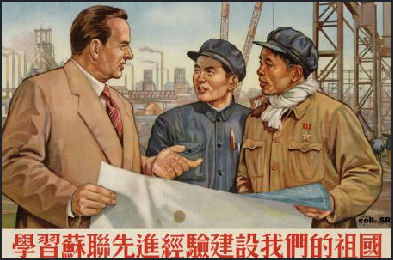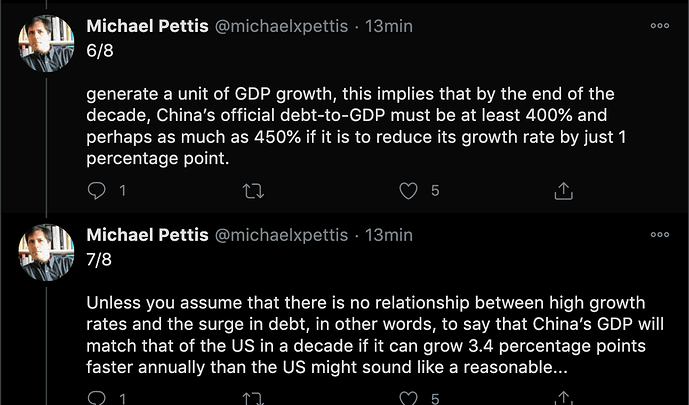Kiinan valtion kapitalismi törmää sen kunnianhimoisiin korkean teknologian tavoitteisiin
By Nathaniel Taplin…
January 02, 2021 09:00 a.m. EST
Can China’s hybrid state-capitalist economy learn to worship—or at least genuflect a bit deeper—at the altar of efficiency? As relations with wealthier, technologically advanced countries deteriorate, that is probably the most crucial economic question of the 2020s.
There are signs of real progress, much of it ironically driven by foreign pressure and the fear of stagnation as links with more open economies erode. But the enduring power of Chi-nese state-owned compa-nies and their pull over the financial sector still represent huge vulnerabil-ities.
One clear and underappre-ciated example of progress is in intellectual property. Rhetoric from Washington not-withstanding, a majority of U.S. companies actually say IP protection in China is getting better, albeit from a low base, accord-ing to an American Cham-ber of Commerce survey this summer. Since 2014, China has set up a system of specialized IP courts and litigation has ex-ploded, with over 481,000 IP cases in 2019, up nearly 50% from 2018.
New bankruptcy courts are also helping dispatch struggling companies more quickly, which could help address China’s chronic problem with “zombie” companies and free up scarce resources. The average length of bankruptcy cases in China is high: around 1.6 years on average over the past decade, or 60% longer than in the U.S., according to a recent National Bureau of Economic Research working paper.
The enduring problem of parasitic state-owned enterprises remains obvious. Despite a spate of SOE bond defaults in November, the extra yield that private industrial companies pay to borrow compared with SOEs has barely budged, according to data from Wind. Tough talk from Beijing has so far failed to comprehen-sively remove the impres-sion that SOE debt is a safer bet.
That is a significant problem for China’s technological ambitions. Notably, China’s two poster children for techno-logical prowess and global success—Huawei and Bytedance, owner of TikTok—aren’t state-owned enterprises. Bytedance enjoyed early support from U.S. venture capital. Huawei grew up with various forms of state support but ulti-mately thrived competing head-to-head in global export markets.
China’s would-be semicon-ductor champions, many of them state-owned, are in fact running into trou-ble at an escalating rate. Tsinghua Unigroup has now defaulted on multiple bonds. Semiconductor Manufacturing In-ternational Corp. is being added to a U.S. govern-ment export blacklist which could hamstring the company’s ambitions to develop current-genera-tion chips.
The troubles of these state chip makers are therefore shaping up as an interesting litmus test of how much play China is really willing to give market forces in high technology. If, for exam-ple, SMIC starts losing customers or quality suffers as a result of escalating U.S. restric-tions, will Beijing pres-sure companies like Huawei to keep buying from them anyway? Will state banks stand behind them?
Beijing is essentially now engaged in a massive, long-shot attempt to build from the ground up an advanced semiconductor manufacturing capability that doesn’t depend on foreign suppliers—churn-ing through gargantuan amounts of the Chinese people’s money in the process. Rather than trying to reinvent the wheel, a better economic strategy would be to mend its relations with the West and reform China’s dysfunctional credit system—then import chips and let Chinese markets and Chinese companies decide what China is really good at.


